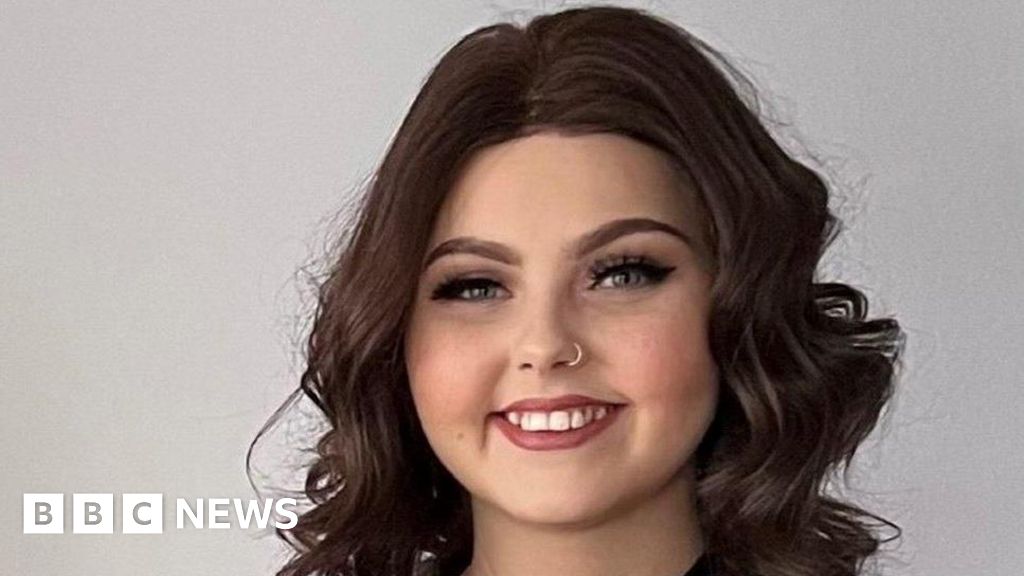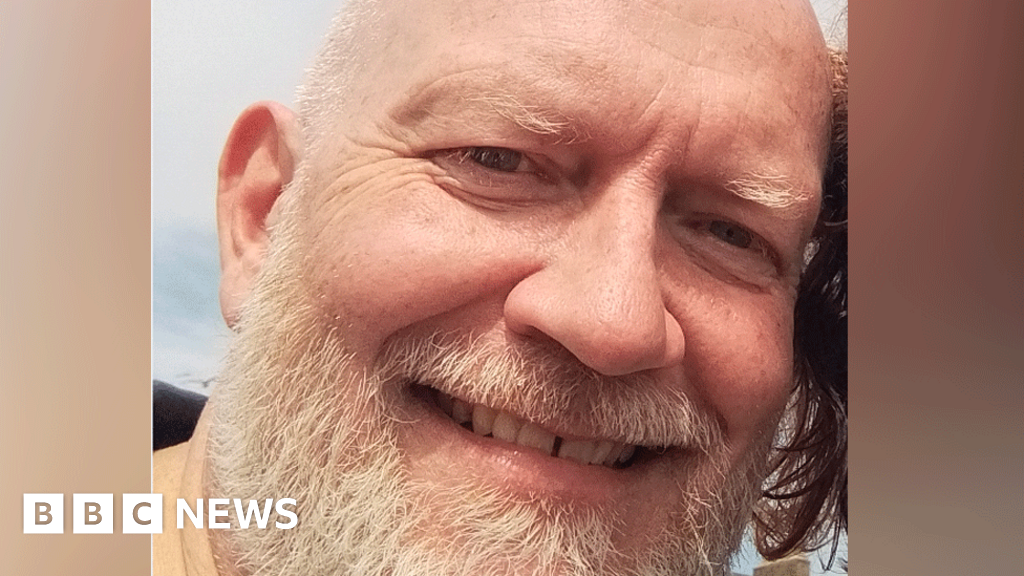EXPERT Q&A — NATO leaders convened in The Hague this week for a summit aiming to strengthen the alliance's defenses, with the ever encroaching threat of Russia in mind. The meeting was largely a success, with all members (barring Spain) pledging to meet a new 5% GDP defense spending target. It was also a moment for NATO to project unity and recommit to collective defense, following skepticism from the administration of President Donald Trump, who was receptive and praised the alliance — saying it is not a "rip-off" as he has previously said. Ukraine, while a key topic at previous summits in recent years, was notably on the backburner this time around.
The Cipher Brief caught up with General Philip Breedlove (Ret.), a former NATO Supreme Allied Commander, for a post-summit debrief to see what positives came out of the gathering and where he is looking next, from how NATO members go about expanding defense capabilities to whether the alliance offers more support to Ukraine and pressures Russia. Our conversation has been lightly edited for length and clarity. You can watch the full discussion at The Cipher Brief's YouTube channel.
The Cipher Brief: Did things end the way you thought they needed to end this week at the Hague?
General Breedlove: We had a great summit. Let's give some credit to Secretary General [Mark] Rutte and the members of the North Atlantic Council (NAC) because we needed unity. When the U.S. president arrived, they had come to unity on the 5% spending commitment. And I think that set the stage. Our president was the first president in the history of NATO to get the organization to seriously invest when he pushed hard on the 2%. So, it went very well.
The Cipher Brief: This felt like a summit that was almost tailor-made for the president. It was an easy pop-in, not a lot of debate, not a lot of back and forth. They knew what to expect going into it. Do you think that that helped fuel the outcome?
General Breedlove:Yes. Very few people understand how NATO works. The secretary general is actually very important, but he's not the decider. He works for the NAC, just like the Supreme Allied Commander of Europe (SACEUR) works for the NAC. Secretary General Rutte has managed the process extremely well to get everybody to where he needed them to be. We need to give him some credit for organizing all of the nations to get them to the right place.
I think their vision was to keep this short, to the point, get to the things that the U.S. president wants to accomplish, get those accomplished, and come out of this with a big unifying statement. And who is that unifying statement for? Of course, it's for all of our nations and our alliance. But the most important recipient of that message is Mr. Putin.
The Cipher Brief Threat Conference is happening October 19-22 in Sea Island, GA. The world's leading minds on national security from both the public and private sectors will be there. Will you? Apply for a seat at the table today.
Mr. Putin works hard to tear NATO down. He tries to peel off individual countries and leaders. Secretary General Rutte pulled the team together, got them on the same playbook, moved out and didn't waste any time. And I think that's exactly how this U.S. president likes to work.
The Cipher Brief: It was clear going into this that Russia is the real threat to NATO. It's still a little bit unclear as to where President Trump is going to come down on Russia when it comes to how much pressure he's going to be willing to apply. We saw a little bit of movement toward the possibility of more support for Ukraine. What do you think the options are there? And if you’re the Russian president, how are you looking at the outcome of this summit in particular?
General Breedlove: I'm both encouraged and discouraged on this front. I think there are a lot of people who believe we're ready now and we should be going in with the next round of heavy sanctions on Russia, to go after fuels and the shadow fleet. Our U.S. secretary of state, in his statement, said we're not going there now because it might preclude some sort of a ceasefire or peace agreement in Ukraine. So, he's going to hold off. Russia won that round. That's what they want. Keep stalling, keep the Americans thinking there's going to be a deal, and keep attacking Ukraine. So, we've got to move past that. And I think eventually this is going to happen.
Everyone needs a good nightcap. Ours happens to come in the form of a M-F newsletter that keeps you up to speed on national security. Sign up today.
If we learned anything from the 12-day war, it is that our president has a line. And when these parties go over that line, he will act. We hammered Ukraine. We took away their intelligence, we took away their support. We gave it back pretty quick, but the bottom line is that we did damage to Ukraine to get them where we needed to get them. Now it's time to give Mr. Putin a straightforward message “Get on the program, sir, or you're gonna regret it.” It’s time to pull that stick out and use it in the same way we did on several other countries in the last three or four months. That has not happened. We look forward to that happening.
But on your other point, yes, there seems to be some understanding that possibly we're going to keep the flow, maybe even increase the flow, of supply to Ukraine.
Are you Subscribed to The Cipher Brief’s Digital Channel on YouTube? There is no better place to get clear perspectives from deeply experienced national security experts.
Read more expert-driven national security insights, perspective and analysis in The Cipher Brief because National Security is Everyone’s Business.

 7 months ago
13
7 months ago
13









